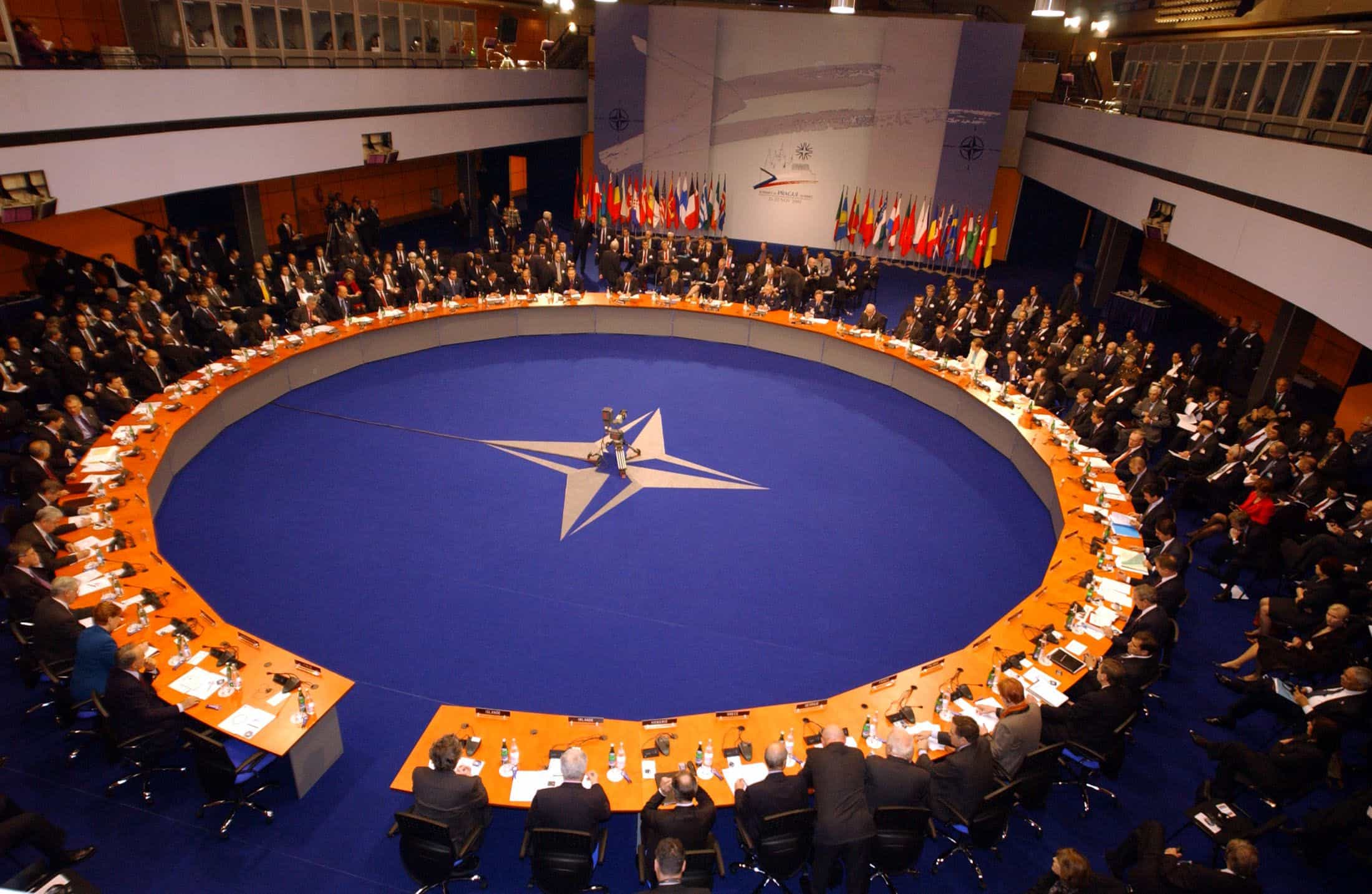NATO states should modify the alliance’s Article 5 collective defence provision to trigger a response in the event of so-called “hybrid warfare” attacks, a conservative British lawmaker said in a special report Sunday.
NATO allies have accused Russia of using “hybrid warfare” techniques, including subversion, propaganda and cyber warfare, to undermine the West without triggering a full NATO military response.
In his special report on countering Russia’s hybrid threats, Britain’s Lord Jopling told lawmakers meeting at the NATO Parliamentary Assembly in Warsaw this weekend that the alliance should consider a new collective defence “Article 5B”.
“The article would make clear that hybrid attacks would trigger a collective response from the Alliance,” the British lawmaker said in his report.
“The Rapporteur is convinced that the Allied leaders should, possibly at the upcoming summit in July 2018, initiate the drafting of the Alliance’s new Strategic Concept to reflect new global security realities, including the rise of hybrid threats,” he added.
NATO lawmakers are expected to vote on whether to accept his recommendation at the closing session of the assembly on Monday.
In March, US General Curtis Scaparrotti, the commander of NATO forces in Europe, said that NATO countries were working to determine when a cyber attack would trigger the alliance’s Article 5 collective defense provision.
NATO leaders have agreed that a cyber attack against a member state could trigger Article 5, and reaching a specific understanding on the issue would allow “greater agility, greater flexibility in determining how to respond,” he told a US Senate committee.
The alliance “recognizes the difficulty in indirect or asymmetric activity that Russia is practising, activities below the level of conflict,” Scaparrotti said.
NATO will hold its next summit on July 11 and 12 in Brussels, with the fight against terrorism and the growing threat from Russia in the areas of hybrid and cyber warfare expected to be high on the agenda.










